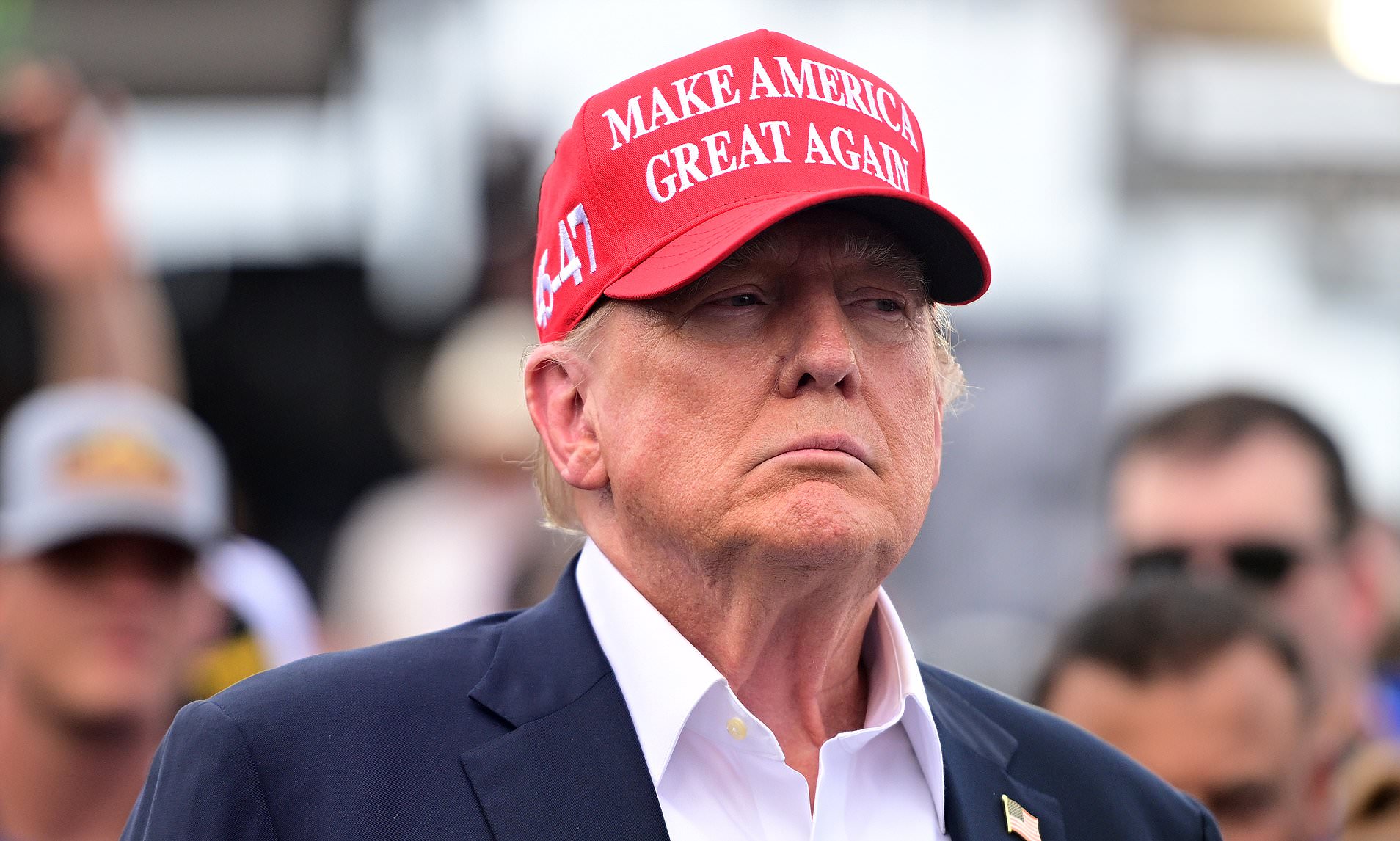
The Controversial Push for Real Cane Sugar in Coca-Cola
Donald Trump has been vocal about his preference for real cane sugar in the U.S. version of Coca-Cola, a move that has sparked significant debate and concern within the industry. His recent announcement on Truth Social suggested that he had already secured agreement from Coca-Cola executives to switch back to using real sugar instead of high fructose corn syrup. However, this proposal has raised alarms among industry experts and market analysts.
Economic Implications of the Recipe Change
The potential shift from high fructose corn syrup to real cane sugar could have far-reaching economic consequences. John Bode, CEO of the Corn Refiners Association, warned that such a change would lead to job losses in the manufacturing sector, impact farm incomes, and increase reliance on imported sugar. He emphasized that there is no nutritional benefit to the switch, yet the idea has already caused instability in the stock market.
Shares of major corn processors like Archer Daniels Midland and Ingredion experienced sharp declines following Trump’s announcement. This drop translates to billions of dollars in losses for investors, highlighting the market's sensitivity to policy changes and corporate decisions.
Coca-Cola’s Response and Market Reactions
Coca-Cola has not officially confirmed Trump’s claim, but the company did express appreciation for his enthusiasm for their brand. They stated that more details about new product offerings would be shared soon. Despite the lack of confirmation, the mere suggestion of a recipe change has triggered significant market volatility.
This situation underscores the power of political influence on corporate decisions. Trump’s personal connection to Diet Coke, evidenced by the red button on his desk, adds an interesting dimension to the controversy. His assertion that Coca-Cola bosses had agreed to the change further complicates the narrative, as it raises questions about the authenticity of the statement.
Political and Public Reactions
California Governor Gavin Newsom criticized Trump’s focus on the Coca-Cola issue, calling it a distraction from more pressing matters. He highlighted the president's failure to release the Epstein files, using a screenshot of the Truth Social post to illustrate his point. This exchange reflects the broader political tensions surrounding Trump’s actions and statements.
Public opinion on the taste of Coca-Cola remains divided. Some consumers prefer the original flavor, which is available through the import of Mexican Coke. Mexico’s continued use of sugar in its products has led to a demand for the sweeter taste, prompting specific import regulations.
Historical Context and Industry Trends
Coca-Cola transitioned to high fructose corn syrup in the 1980s due to its cost-effectiveness. The ingredient remains the second most prevalent in the drink after carbonated water. The debate over taste has persisted, with some advocating for a return to real sugar.
Recent efforts by Coca-Cola CEO James Quincey to reduce sugar content in beverages have been part of a broader strategy. He mentioned using global marketing resources and distribution networks to promote awareness of their diverse product portfolio. However, the current volatile tariff environment adds uncertainty to these plans.
Tariffs and Subsidies
Trump’s imposition of a 50% tariff on Brazil, a major sugar producer, and a 10% baseline tariff on other producers has created a complex trade landscape. Florida’s subsidized sugar industry, often referred to as “Big Sugar,” plays a significant role in the domestic market. U.S. sugar companies receive annual subsidies totaling $4 billion, making the price nearly double the global average.
Health and Human Services Secretary Robert F. Kennedy has taken a strong stance against sugar, labeling it as addictive and harmful. He has argued that sugar negatively impacts health and alters taste preferences, leading to increased consumption.
Conclusion
The ongoing discussion around Coca-Cola’s recipe highlights the intersection of politics, economics, and public health. While Trump’s push for real cane sugar resonates with some consumers, the potential economic repercussions and industry challenges cannot be ignored. As the situation unfolds, it will be crucial to monitor how these factors influence both the market and consumer choices.


Posting Komentar